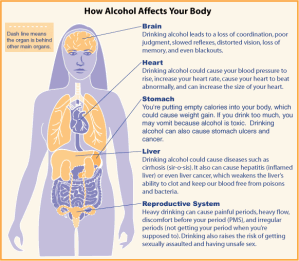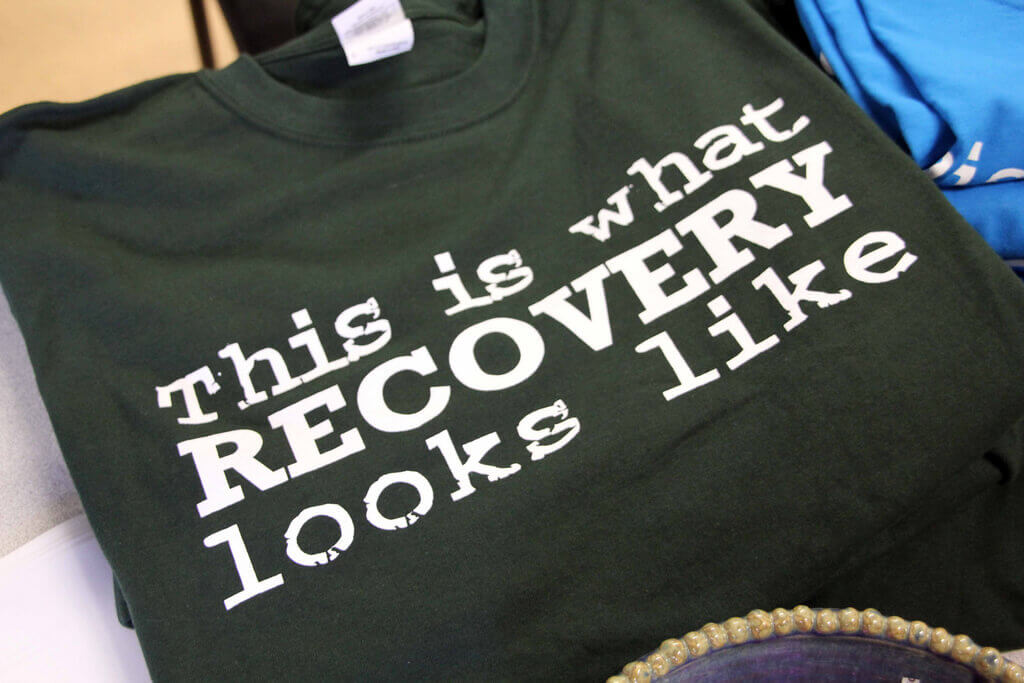Symptoms that might be an indication that alcoholism is present are often the same symptoms that might accompany someone who is a heavy drinker. There is a difference, although it’s not at all uncommon for heavy drinkers to become alcoholics in time. It’s important to understand what the symptoms are, and perhaps even more important to understand the nature of the disease.
In full-blown alcoholism, the characteristics of the disease include a physical as well as mental reliance on the effects of alcohol to feel normal. Brain and body chemistry are different from their normal states, and the addiction is such that these states might show signs of returning to normal, although there will always remain the potential to move back into an alcoholic state with even a small amount. What makes the disease so confounding to both the drinker and their friends and families is that the mind can often convince the alcoholic that there is really nothing wrong.

Some of the most pervasive symptoms, then, have to do with how the mind of the alcoholic actually works. There is usually a persistent obsession with drinking, thinking about how and when the next drink will be available. Coupled with this is a denial that there is a problem. Drinking is common in contemporary society, the drinker will think, and there’s nothing wrong with being a participant in that society. At the same time, the thoughts of drinking will continue, and eventually most of a life will be consumed with thoughts of the activity of drinking, of the relief it might offer, as well as trying to sort out the various problems one has had due to one’s drinking.
Other behavioral symptoms might be easier to assess, but they’re usually up for all kinds of denial on the part of the potential alcoholic. They can be as obvious as taking 4-5 or more drinks every day, having conversations with friends and loved ones about their concern for one’s drinking, experiencing physical withdrawal after a night out, or having to deal with legal or personal troubles caused as a result of bouts of drinking.
Perhaps the most telling symptom, however, comes when one tries to curb their behavior. An inability to stop at one or two drinks, repeated attempts to stop or slow down, along with moments of drinking to the point of complete intoxication or even blackout, are all very telling indications. If there is a question or a concern, this in itself might be a sign, and it’s never too early to get help, but there is a too late.

